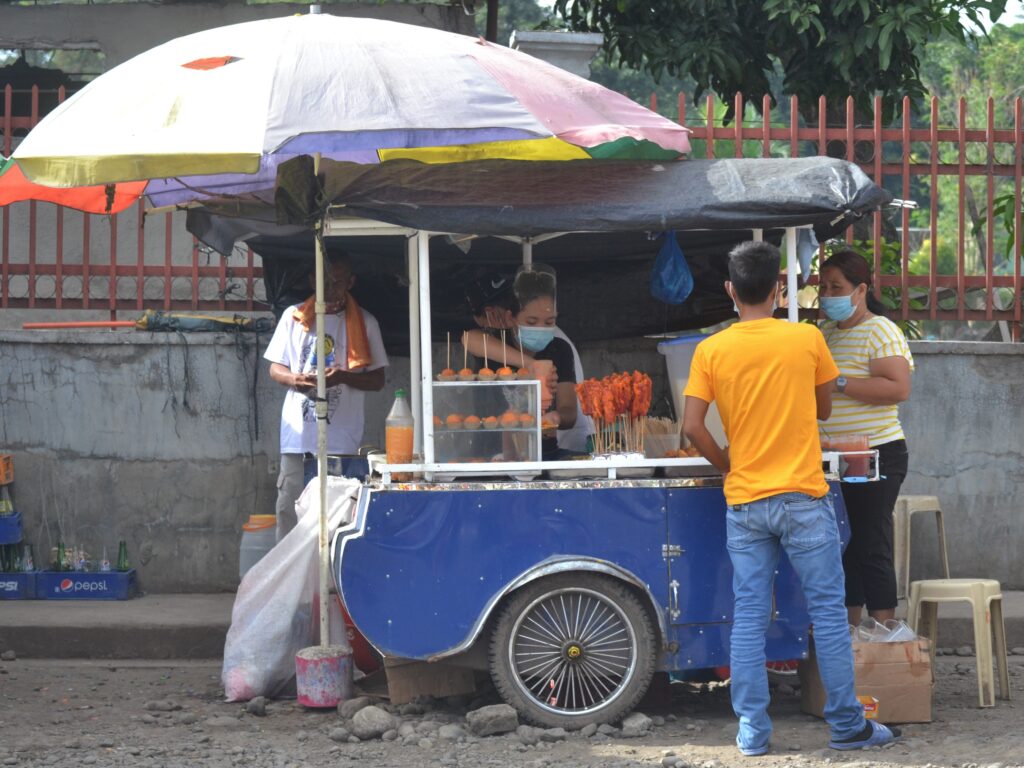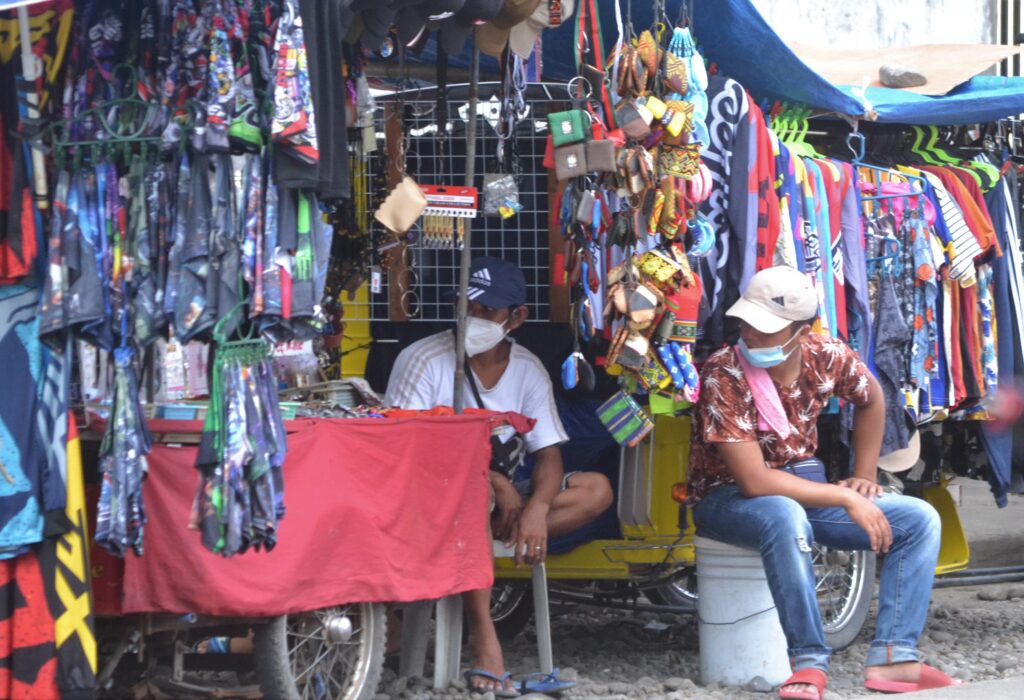Text and Photos by Henrylito D. Tacio
Breathes there a man or woman with a soul so dead who has never heard of coronavirus disease 2019 (COVID-19) these days.
When the novel coronavirus was first reported in Wuhan, China, it caused an outbreak. No one thought that three months later, SARS-CoV-2 – as the virus was known as it’s a distant cousin of the virus that causes Severe Acute Respiratory Syndrome – would become a pandemic.
Globally, SARS-Cov-2 has had a major impact on human health. It infects many people and causes severe disease and associated long-term health sequelae, resulting in death and excess mortality, especially among older and vulnerable populations.
COVID-19 interrupted routine healthcare services. It also made disruptions to travel, trade, education, and many other societal functions. More importantly, the pandemic has a negative impact on people’s physical and mental health.
Most people think only of SARS-CoV-2, but there are actually several variants.

The World Health Organization (WHO), the United Nations health agency based in Geneva, Switzerland, received several reports of unusual public health events. It routinely assesses if variants of SARS-CoV-2 result in changes in transmissibility, clinical presentation, and severity or if they impact on countermeasures, including diagnostics, therapeutics, and vaccines.
“Previous reports of the D614G mutation and the recent reports of virus variants from Denmark, the United Kingdom of Great Britain and Northern Ireland, and South Africa have raised interest and concern in the impact of viral changes,” the WHO said in a statement.
In late January or early February 2020, a variant of SARS-CoV-2 with a D614G substitution in the gene encoding the spike protein emerged. Over a period of several months, the D614G mutation replaced the initial SARS-CoV-2 strain identified in China and by June 2020 became the dominant form of the virus circulating globally.
“Studies in human respiratory cells and in animal models demonstrated that compared to the initial virus strain, the strain with the D614G substitution has increased infectivity and transmission,” the WHO said.

Based on studies, the SARS-CoV-2 virus with the D614G substitution does not cause more severe illness or alter the effectiveness of existing laboratory diagnostics, therapeutics, vaccines, or public health preventive measures.
In August and September 2020, a SARS-CoV-2 variant linked to infection among farmed mink and subsequently transmitted to humans was identified in North Jutland, Denmark. The variant, referred to as the “Cluster 5” variant by Danish authorities, combines mutations not previously observed.
Due to preliminary studies conducted in Denmark, “there is concern that this variant may result in reduced virus neutralization in humans, which could potentially decrease the extent and duration of immune protection following natural infection or vaccination.”
Studies are ongoing to assess virus neutralization among humans with this variant. To date, following extensive investigation and surveillance, Danish authorities have identified only 12 human cases of the Cluster 5 variant in September 2020, and it does not appear to have spread widely.
On December 14, 2020, the United Kingdom authorities reported to WHO a variant referred to by the United Kingdom as SARS-CoV-2 VOC 202012/01 (Variant of Concern, the year 2020, month 12, variant 01). This variant contains 23 nucleotide substitutions and is not phylogenetically related to the SARS-CoV-2 virus circulating in the United Kingdom when the variant was detected.
How and where SARS-CoV-2 VOC 202012/01 originated is unclear. “SARS-CoV-2 VOC 202012/01 initially appeared in South East England but within a few weeks began to replace other virus lineages in this geographic area and London,” the WHO reported.
As of December 26, 2020, SARS-CoV-2 VOC, 202012/01, has been identified from routine sampling and genomic testing conducted across the United Kingdom. Preliminary epidemiologic, modeling, phylogenetic, and clinical findings suggest that SARS-CoV-2 VOC 202012/01 has increased transmissibility.
However, preliminary analyses also indicate no change in disease severity (as measured by the length of hospitalization and 28-day case fatality) or the occurrence of reinfection between variant cases compared to other SARS-CoV-2 viruses circulating in the United Kingdom.
By December 30, the VOC-202012/01 variant has been reported in 31 other countries and territories in five of the six WHO regions.
South Africa announced a new variant of SARS-CoV-2, which spread rapidly in three South African provinces on December 18. South Africa has named this variant 501Y.V2 because of an N501Y mutation. While SARS-CoV-2 VOC 202012/01 from the UK also has the N501Y mutation, phylogenetic analysis has shown that 501Y.V2 from South Africa are different virus variants.
As of 30 December, the 501Y.V2 variant from South Africa has been reported from four other countries.
According to the WHO, authorities in the affected countries were conducting epidemiological and virological investigations to further assess the transmissibility, severity, risk of reinfection, and antibody response to new variants.
The emergence of new variants is expected. “All viruses, including SARS-CoV-2, change over time, most without a direct benefit to the virus in terms of increasing its infectiousness or transmissibility, and sometimes limiting propagation,” the WHO explained.
“The potential for virus mutation increases with the frequency of human and animal infections,” the WHO further stated. “Therefore, reducing transmission of SARS-CoV-2 by using established disease control methods as well as avoiding introductions to animal populations, are critical aspects to the global strategy to reduce the occurrence of mutations that have negative public health implications.”
As a precaution measure, President Rodrigo R. Duterte approved the extension of the travel ban for flights from the UK for another two weeks; the ban is originally set to expire on December 31.

